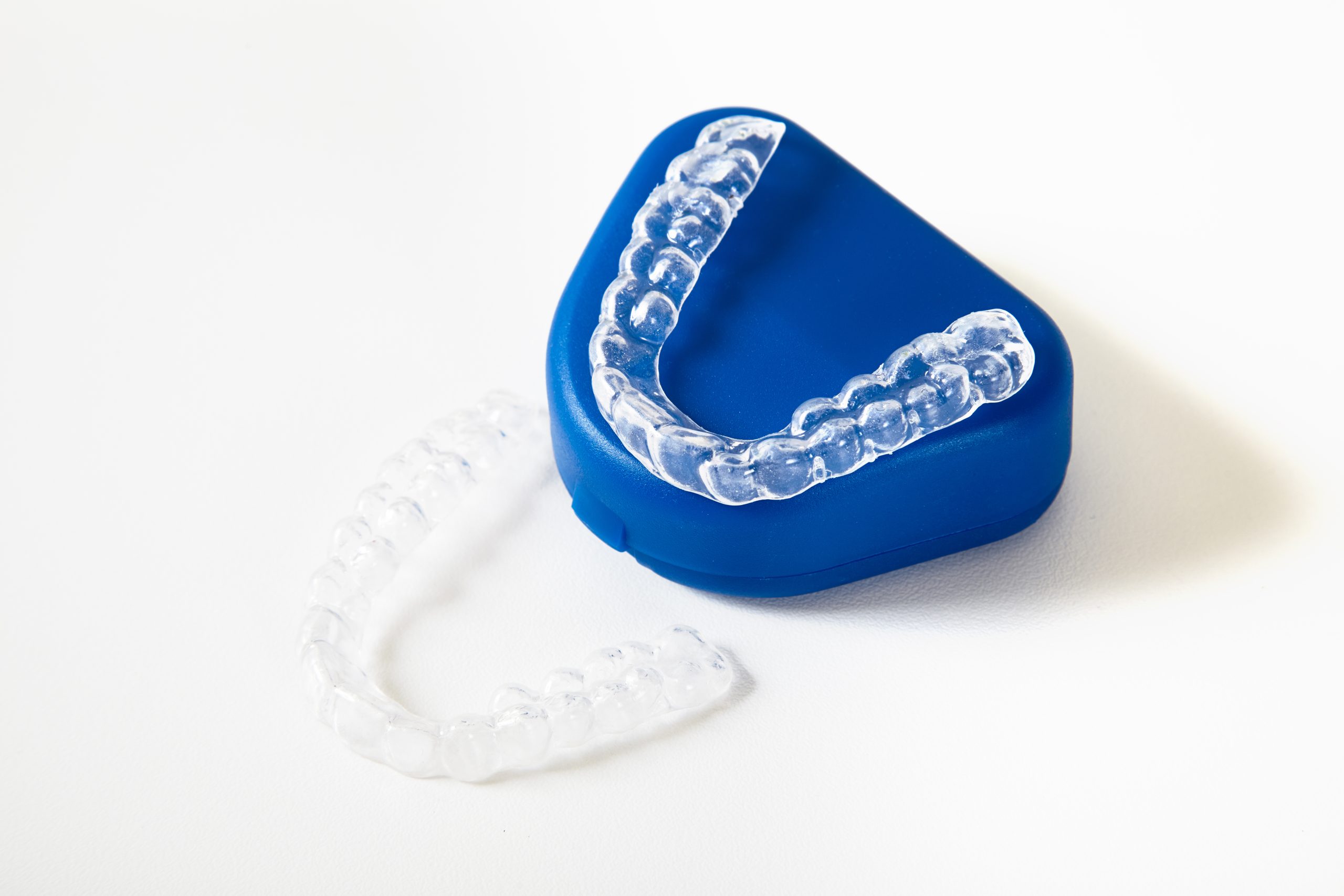Every smile tells a story, and healthy teeth are its foundation. Yet, a dental abscess can threaten this foundation silently, often catching many by surprise. Understanding the warning symptoms and how to respond can make a difference in maintaining not just oral health but overall well-being.
Dental abscesses are not just painful—they can be serious warnings from your body indicating something is amiss. Recognising symptoms early goes a long way towards preventing more severe health issues. It’s essential to know what signs to look for so you can seek timely advice from an experienced dentist.
Keep reading to uncover vital insights on dental abscesses. We will provide valuable information that can help protect your smile and oral health.
Contents Navigation
- Summary of the Content:
- Dental Abscess Symptoms and How to Recognise Them
- Understanding Dental Abscess Stages
- The Role of Antibiotics in Managing Dental Abscesses
- Dental Abscess Treatment for Severe Cases
- Preventative Strategies to Avoid Dental Abscess Development
- Long-term Effects of Recurring Dental Abscesses
- Final Thoughts
Summary of the Content:

- Dental abscesses are serious infections that, without efficient treatment, can escalate from minor discomfort to severe medical conditions.
- Sharp pain, facial swelling, tooth sensitivity to temperature, and pus discharge should not be ignored. These are early warning signs of an abscess.
- The infection progresses through different dental abscess stages, starting with enamel decay and potentially spreading into the jawbone and surrounding tissues. This emphasises the importance of early detection and dental treatment.
- Antibiotics and surgical interventions, such as abscess drainage, tooth extraction, or root canal treatment, are common methods of dental abscess treatment.
- Good oral hygiene practices, such as regular brushing, flossing, and using antiseptic mouthwash, are essential. Regular dental check-ups play a crucial role in preventing abscess development.
- Recurring abscesses can result in long-term problems like tooth loss, jawbone damage, and chronic pain.
Dental Abscess Symptoms and How to Recognise Them
Recognising the early signs of a dental abscess can be important in preventing further complications. Here’s what to look out for:
- Mild to Severe Pain:
Initially, you might feel a slight discomfort around the affected area. As the abscess develops, this can quickly escalate into excruciating tooth pain that might radiate to your jaw, neck, or ear. - Sensitivity to Hot and Cold:
You might suddenly find it painful to eat or drink hot or cold items. - Periodontal Swelling:
One of the most visible signs is swelling in the gum area. If the infection spreads, you’ll notice swelling in your face or neck. - Redness and Tenderness:
The gums around the affected area often turn red and feel very tender. The skin will also feel hot to the touch. - Difficulty Opening Your Mouth:
As the swelling and pain worsen, they could impede your ability to open your mouth comfortably. - Pus Discharge:
If you see pus coming out of the gums when pressed or experience a foul taste in your mouth, this could be a discharge coming from the abscess. - Bad Breath or a Bitter Taste:
An active infection can result in noticeably bad breath or a lingering bad taste in your mouth. - Fever:
A dental abscess might also be accompanied by fever, which is a sign that your body is fighting the infection. - Lymph Nodes Swelling:
In some cases, the lymph nodes under your jaw or in your neck might swell. This indicates that your immune system is responding to the infection.
Early recognition of these signs can be crucial for effective treatment. If you notice any of these dental abscess symptoms, consulting an experienced dentist can prevent the infection from worsening.
Understanding Dental Abscess Stages
A dental abscess doesn’t just appear overnight. It goes through various dental abscess stages, each worsening without proper care.
- Initial Tooth Enamel Decay:
An infection starts when bacteria break down the tooth’s outer layer, called enamel, creating a pathway for bacteria. This can create a small cavity that may not initially cause pain. - Advancement to Dentin:
If the cavity is not restored, the infection will progress, affecting dentin, the tooth layer underneath the enamel. When this happens, you might start to feel sensitivity or mild discomfort that lasts for a few seconds. - Infection Reaches the Pulp:
As the bacteria go deeper, they will infect the pulp inside the tooth, where nerves and blood vessels are located. This could cause sharp pain that lasts for a longer time. - Formation of the Abscess:
The bacteria will eventually reach the tooth root, resulting in the formation of a pus-filled pocket. This abscess causes intense pain and persistent firm swelling. When this occurs, patients should immediately seek treatment, as this is considered a dental emergency. - Spread to Surrounding Tissues:
Without intervention, the infection can spread beyond the tooth to the surrounding bone and soft tissues of the mouth, resulting in more serious health problems.
Understanding these dental abscess stages highlights the importance of addressing tooth decay and infection early. The sooner you act, the better you can manage the condition and avoid further complications.
The Role of Antibiotics in Managing Dental Abscesses
The advent of antibiotics plays a crucial role in controlling infections, including dental abscesses. Here’s how:
- Containment of Infection:
Oral antibiotics are prescribed to help stop the spread of infection to other parts of the mouth and body. - Indications:
Antibiotics are usually prescribed or given when the abscess has spread, leading to swelling and fever. - Type of Antibiotics:
The type of antibiotic used depends on the severity of the infection and the patient’s medical history. - Duration of Antibiotic Treatment:
It’s important to take all medicines as instructed by your dentist, even if your dental abscess symptoms have already resolved. Finishing your prescription allows the elimination of bacteria and prevents the development of antibiotic-resistant bacteria. - Not a Standalone Dental Abscess Treatment:
Although antibiotics are effective in managing dental abscess symptoms, they are not enough to resolve the condition. Abscess drainage, root canal treatment, or tooth extraction are still needed.
Completing your antibiotic course is critical to resolving the infection and preventing any future health complications. Always follow your healthcare provider’s instructions when using antibiotics.
Dental Abscess Treatment for Severe Cases
For severe cases of dental abscesses, there are several effective treatment options available to alleviate pain, eliminate infection, and prevent further dental health issues. These treatments include abscess drainage, tooth extraction, and root canal treatment.
- Abscess Drainage:
This procedure involves making a small incision in the gums to allow the pus to drain. This can relieve the pain and reduce swelling. A saline fluid is then used to rinse the area. - Tooth Extraction:
In cases where the decayed tooth is beyond restoration, the infected tooth needs to be extracted. This process helps prevent the infection from spreading to adjacent teeth and jawbones. - Root Canal Treatment:
In cases where the diseased tooth can be restored, a root canal treatment is performed. This involves removing the infected pulp, cleaning the root canals, and sealing them to prevent further infection.
These methods are critical tools in the fight against severe dental abscesses. They not only address immediate health concerns but also help preserve overall oral health.
The degree of the tooth abscess and the condition of the surrounding tissues will determine which course of action is appropriate. Consult with a dental professional to determine the appropriate dental treatment approach for your specific condition.
Preventative Strategies to Avoid Dental Abscess Development
Effective dental abscess treatment includes a combination of medication and proper dental hygiene practices. Here’s what you can do:
- Regular Brushing and Flossing:
Brushing at least twice a day and flossing daily helps to get rid of food particles and plaque that can harbour bacteria. - Use of Antiseptic Mouthwash:
Incorporating an antiseptic mouthwash into your daily routine can reduce the bacteria in your mouth, further lowering your risk of infection. - Regular Dental Check-ups:
It is crucial to visit a qualified dentist for regular check-ups and cleanings at least twice a year. These visits allow your dentist to catch early signs of tooth decay or gum disease before they develop into more serious conditions. - Dietary Choices:
Limiting sugary foods and drinks, such as candies and sodas, can prevent the buildup of plaque and decay. - Quit Smoking:
Smoking lowers immune system function and increases the likelihood of certain dental issues, such as dental abscess.
Taking these preventative steps can enhance your oral health and lower your risk of tooth abscess.
Long-term Effects of Recurring Dental Abscesses
Recurring dental abscesses are more than just a nuisance; they can result in serious, long-term health issues.
- Tooth Loss:
Frequent severe tooth abscesses can weaken a tooth to the point where it becomes loose. It may eventually fall out or require tooth extraction. - Jawbone Damage:
Abscess can erode the jawbone, which often results in long-term structural problems and weakens the support for surrounding teeth. - Spread of Infection:
If not properly addressed, infection from an abscess can spread to other parts of the face, neck, or even the bloodstream. This can potentially result in life-threatening conditions like sepsis. - Decreased Immune Function:
Repeated infections can strain your immune system, reducing its ability to respond effectively to other health challenges. - Chronic Pain:
Ongoing issues with abscesses can cause persistent pain, which can impact quality of life and daily functioning.
Addressing dental abscesses promptly and effectively is crucial to preventing these potentially severe consequences. Regular dental care is key to preventing recurrent infections and maintaining dental and overall health.
Taking proactive steps to address and prevent dental abscesses helps protect your long-term health and well-being. Don’t wait for the problem to worsen; maintain your dental health today to avoid serious complications in the future.
Final Thoughts
Dealing with a tooth abscess can be painful and serious. Understanding how to recognise and manage these infections can significantly improve your chances of maintaining good oral health. With the right care and prompt treatment, you can prevent the complications associated with dental abscesses.
At Enso Dental North Perth, we are dedicated to helping you achieve optimal oral health. Our team is ready to provide you with high-quality dental care and guide you through preventing and managing dental abscesses. Whether you are currently experiencing dental issues or simply looking for a comprehensive check-up, we are here to support your journey.
If you think you might be showing symptoms of a dental abscess, don’t hesitate to reach out. Visit our website or call us directly to schedule a consultation. We look forward to helping you maintain a healthy and beautiful smile.









